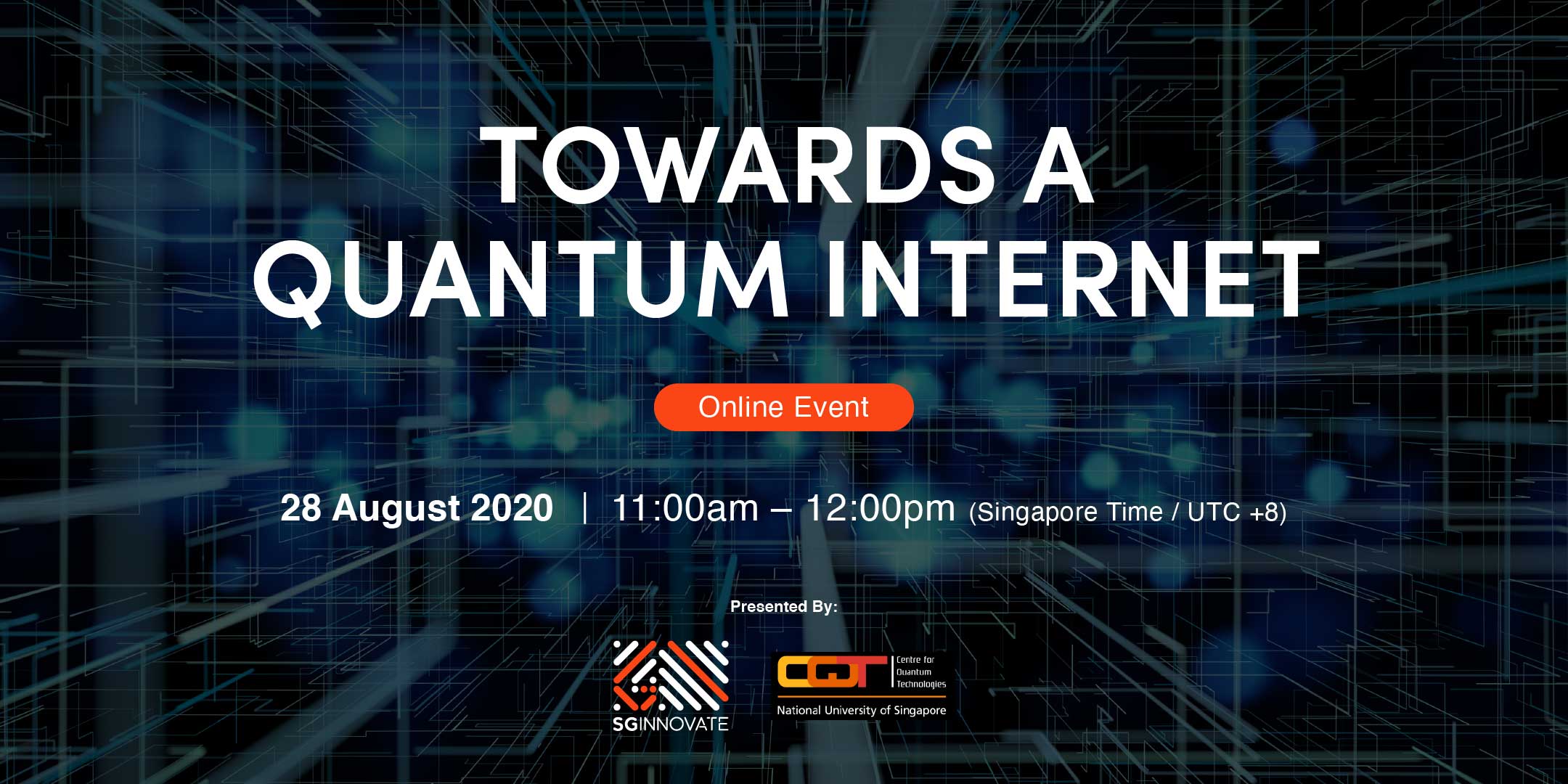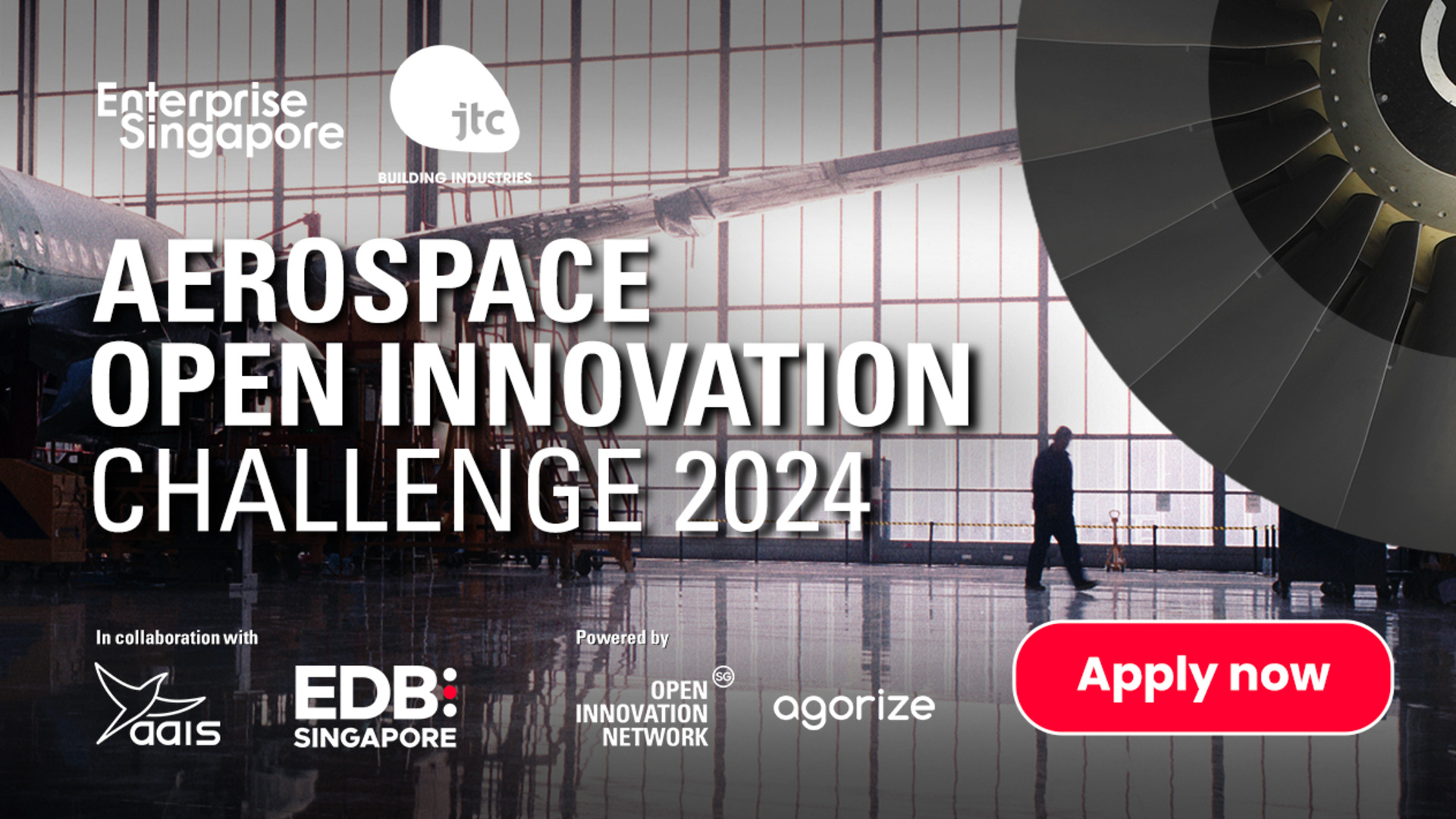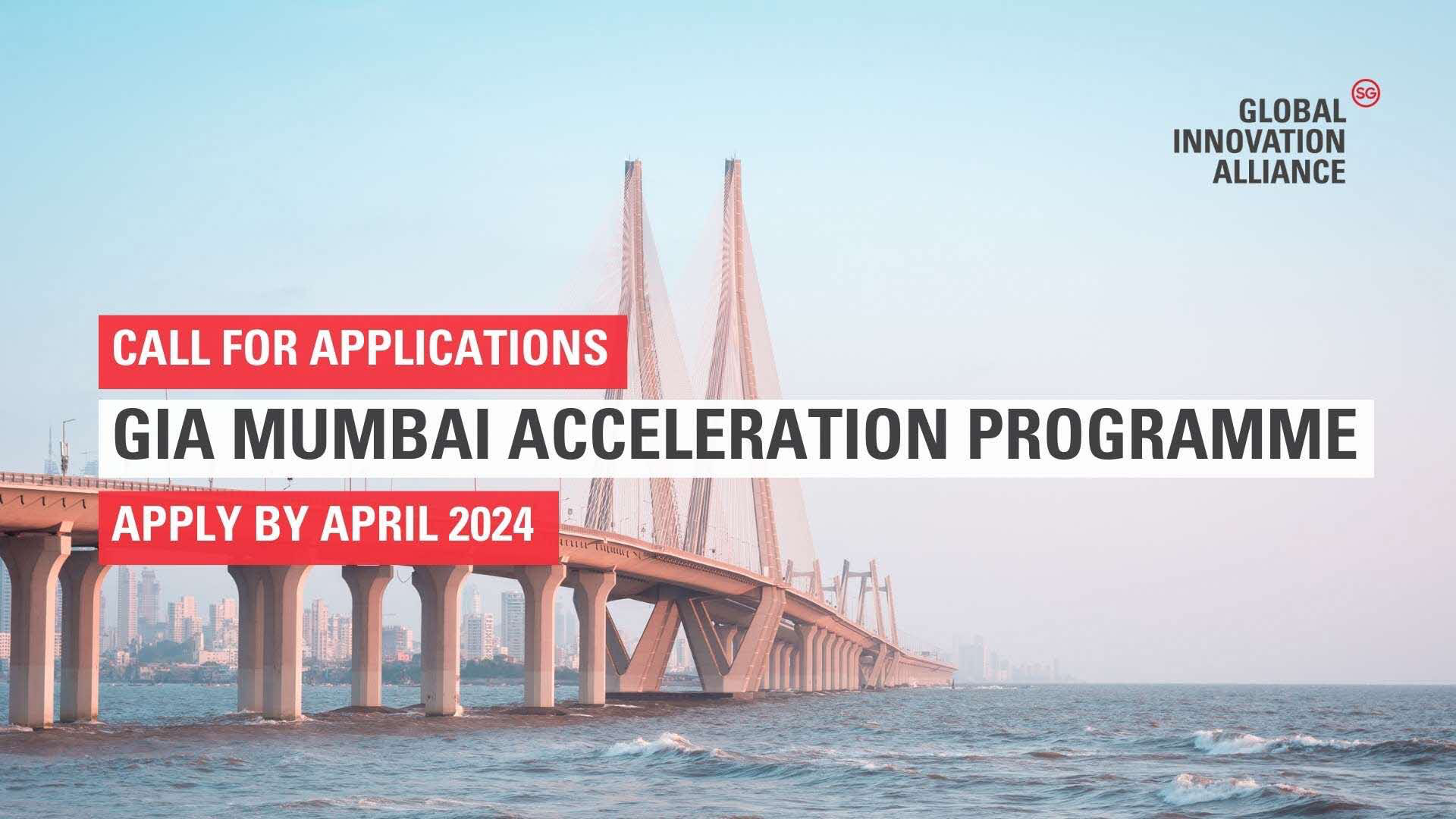Overview
Today's internet connects users around the world instantaneously. Would a quantum internet be able to do the same while bringing new advantages in security and computing? In this webinar, discover the state-of-the-art in quantum communication technology and the goals ahead.
In parts of the world today, Quantum Technology is already utilised to gain and improve communication security. For example, in Japan, Toshiba recently demonstrated the use of quantum key distribution to encrypt the transmission of genome data in collaboration with a medical organisation. Government and finance groups may want to use the same approach to future-proof the security of their communications. In the long run, a quantum internet may also connect the processing power of advanced quantum computers. However, the challenge lies in going global.
Quantum signals can be sent through fibre, much like today's internet signals that travel as light through optical fibres. However, the restrictions lie in the distance due to optical losses.
Like today's internet signals that travel as light through optical fibres, quantum signals can be sent through fibre, but they are restricted in the distance capability due to optical losses. Not to be deterred, scientists and engineers are innovating and considering satellite links as a means of connection. China's Micius satellite and Singapore's SpooQy-1 nanosatellite are already testing such quantum technology in space.
Join us as our panel of experts brings you up to date with recent results from projects on the ground and in space, and the progress in making the technology more widely available.
Date 28 August 2020
Time 11:00am - 12:00pm (Singapore Time / UTC+8)
Programme:
11:00am - 11:10am Introduction to Quantum Communications by Alexander Ling, Principal Investigator, Centre for Quantum Technologies and Associate Professor, National University of Singapore
11:10am - 11:20am: Presentation on Commercial Perspectives by Katsuro Ejima, QKD Business Development Manager, New Business Development Office, Toshiba Corporation
11:20-am - 11:45am: Panel Discussion on Towards a Quantum Internet with
- Alexander Ling, Principal Investigator, Centre for Quantum Technologies and Associate Professor, National University of Singapore
- Katsuro Ejima, QKD Business Development Manager, New Business Development Office, Toshiba Corporation
- Lum Chune Yang, CEO, SpeQtral and Industry Relations Advisor, Centre for Quantum Technologies
- Moderator Jenny Hogan, Outreach & Media Relations, Associate Director, Centre for Quantum Technologies
11:45am - 12:00pm: Q&A
Speaker's Profiles:
Alexander Ling, Principal Investigator, Centre for Quantum Technologies and Associate Professor, National University of Singapore
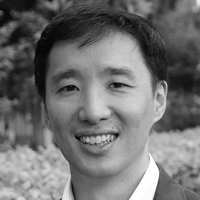
Alexander Ling has been a Principal Investigator at the Centre for Quantum Technologies in Singapore since 2010. He leads a team that aims to bring quantum instruments out of the lab and into field deployment. His team has deployed instruments in diverse environments, ranging from Singapore's urban fibre networks to satellites in space. Alexander received his PhD from the National University of Singapore, and has worked at the National Institute of Standards and Technology in the United States.
Katsuro Ejima, QKD Business Development Manager, New Business Development Office, Toshiba Corporation
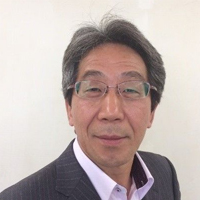
Katsuro Ejima has been in the current position since June 2018 to join the QKD (Quantum Key Distribution) business incubation team and to develop the QKD business partners and customers globally.
Prior to the current, Katsuro Ejima was in various positions of sales, marketing, business development and market communication in Toshiba's Semiconductor, Memory and Flash Storage businesses for more than a couple of decades from 1992 to 2018, including international work experiences in England of UK for 3.5 years and Silicon Valley of USA for nine years.
Katsuro Ejima began his career in 1984 at Toshiba's Telecommunication business for sales & marketing to North America and Europe regions until 1992 when he moved to its semiconductor business.
Away from business works, he enjoys golfs and cars outdoor as well as guitars indoor.
Chune Yang Lum, CEO, SpeQtral and Industry Relations Advisor, Centre for Quantum Technologies
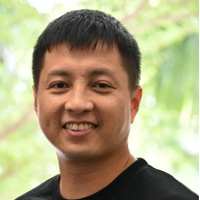
Chune Yang Lum is co-founder and CEO at SpeQtral, a spin-off company from the Centre for Quantum Technologies (CQT) that is developing and commercialising space-based quantum communication systems. He was previously Head of Strategic Development at CQT, with a concurrent appointment as Deputy Director, Industry Engagement and Partnerships at NUS, where he was responsible for activities and engagements with industry and government stakeholders in the commercialisation of quantum technologies. He continues to advise CQT on its industrial relations.
Prior to joining CQT, Chune Yang was responsible for business development in Asia-Pacific for SES, a global satellite operator. In this role, he led engagements in satellite programmes with private companies and governments across APAC. He also led market entry strategies and implementation plans for several markets and was involved in various internal innovation initiatives. Before his stint at SES, he was a management consultant with ZS Associates, where he advised MNCs in the US and China markets.
Chune Yang holds an MBA from INSEAD, an MSc. in Physics from the Pennsylvania State University, and a BSc. (Hons) in Physics from the National University of Singapore.
Moderator's Profile:
Jenny Hogan, Outreach & Media Relations, Associate Director, Centre for Quantum Technologies

Jenny Hogan has managed outreach and media relations for the Centre for Quantum Technologies at the National University of Singapore since 2010. She previously worked as a science journalist and holds an MSc in Natural Sciences (Experimental Physics) from the University of Cambridge. She supports the Centre in communicating its research to audiences including industry, the public and students, considering the potential impacts of quantum technologies and the need for a quantum-skilled workforce.



